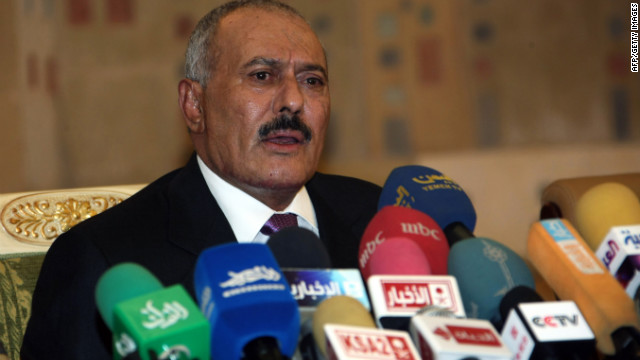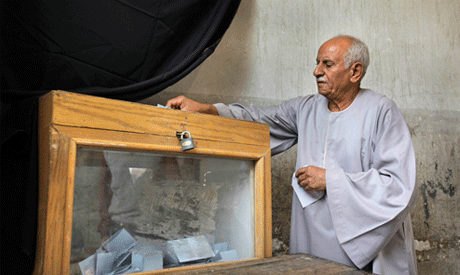By: Jessica Ties
Impunity Watch Reporter, Asia
BEIJING, China– Maoist writer Li Tie was sentenced to ten years in prison and three years deprivation of political rights for subversion after he wrote online articles advocating for political reform.

The sentencing of Li Tie comes within a month of activists Chen Wei of Sichuan and Chen Xi of Guizhou being sentenced to nine years and ten years respectively for “inciting subversion”.
According to the spokesman for the UN Office of the High Commissioner for Human Rights, Rupert Colville, “[t]he very harsh sentencing of human rights defender Li Tie is the fourth verdict against a prominent human rights defender in China since last December.” He continued to state that the United Nations is “…very disturbed by this trend of severe suppression of dissent in the county, which appears to be designed to intimidate.”
The basis of Li’s conviction was a set of thirteen articles written by Li and interpreted by the court as an attempt to encourage others to overthrow the government.
Li was initially detained in September 2010 and was formally arrested a month later. During his time in custody he was denied visits from family and was pressured by authorities to accept a government appointed lawyer.
According to Li’s brother, Li Jian, “…they wouldn’t let him have his own lawyer, or rather, they didn’t ban him outright but did everything they could to obstruct him, so it was impossible to hire him.”
Dozens of lawyers, writers and activists have been detained in China since mid-February when protest advertisements began to appear on the internet following a series of uprisings in the Arab world.
The calls for protest, dubbed the Jasmine Revolution, have led the Chinese government to begin to clampdown on activists by detaining and sentencing them to long prison sentences.
Human rights groups claim that the three recent sentences handed down were far more severe than what is normally administered in such cases and is believed to reflect rising government anxiety as the one year anniversary of the uprising in the Middle East approaches.
Also contributing to Chinese anxiety is the change taking place in top-level leadership this year. Chinese authorities fear disruption during the period in which the Vice President assumes the role of general secretary of the party and then president.
According to rights lawyer Mo Shaoping, “[i]t’s now a consensus among many people that the legal environment in China is worsening; the authorities are setting up more and more obstacles.”
For more information, please see:
AFP – UN ‘Disturbed’ by Jailing of China Activist – 20 January 2012
The New York Times – China Sentences Another Prominent Activist to Prison – 19 January 2012
Radio Free Asia – Maoist Writer Jailed for Subversion – 19 January 2012
The Washington Post – Another Writer Sentenced as China’s Crackdown Continues – 19 January 2012



